
Ghana’s textile and garment industry – once a vital pillar of national employment and manufacturing – has received a significant boost following a high-level policy dialogue jointly organised by the Development Bank Ghana (DBG) and the Association of Ghana Industries (AGI).
Held in Accra under the theme ‘Revamping Ghana’s textiles and garments sector – The challenges, pitfalls and opportunities’, the event convened senior policymakers, financiers, development partners and factory operators to outline a practical roadmap for revitalising the sector.
The once-thriving industry has experienced a steep decline, with its workforce shrinking from over 25,000 direct jobs in the late 1970s to just 6,000 by 2020 – largely due to market liberalisation, policy neglect and a surge in cheap imports.
Speaking at the event, DBG’s Chief Executive Officer, Dr. Randolph Nsor-Ambala, reaffirmed the his outfit’s commitment to catalysing sustainable industrial transformation through strategic financing, data-driven policy alignment and inclusive partnerships.
“DBG stands at the forefront of Ghana’s development agenda – not just as a financier but also a long-term driver of structural transformation. Through partnerships, policy alignment and inclusive finance, we are laying the groundwork for a competitive and resilient economy. This dialogue on the textiles and garments industry is part of our wider mission to catalyse sustainable industrial growth across the country,” he said.
President-AGI, Dr. Humphrey Kwesi Ayim Darke, also called on government to institute a stable, export-oriented incentive regime – stressing that industry players are ready to invest if policy frameworks are clearly defined and consistently enforced.
Proposed interventions
DBG announced several targetted initiatives to reposition the sector for growth. Among these is commissioning a sector-wide feasibility study to address gaps in industry intelligence – mapping the full value chain from raw material sourcing to fabric processing and garment manufacturing.
Additionally, the Bank is collaborating with Participating Financial Institutions (PFIs) to identify five investor-ready, bankable projects alongside a comprehensive capacity-needs assessment to inform technical assistance interventions for both enterprises and financial stakeholders.
These initiatives will underpin DBG’s forthcoming sector action plan, which aims to blend long-term finance with robust data and training to drive measurable industrial growth.
The two organisations also revealed plans to consolidate the dialogue’s outcomes into a detailed policy brief – complete with draft regulations, enforcement measures and recommended investment incentives. This document will guide the design and implementation of a holistic industry support framework.
If effectively executed, experts anticipate that the roadmap could expand wax print production in Tema, scale cut-and-sew operations within Accra’s industrial enclaves and recalibrate Ghana’s industrial policy toward labour-absorbing value chains.
Participants left the forum with a renewed sense of optimism and a clear timeline for action, buoyed by the collaborative momentum between government, finance and industry.
The post DBG, AGI policy dialogue charts reform roadmap for textiles, garments sector appeared first on The Business & Financial Times.
Read Full Story
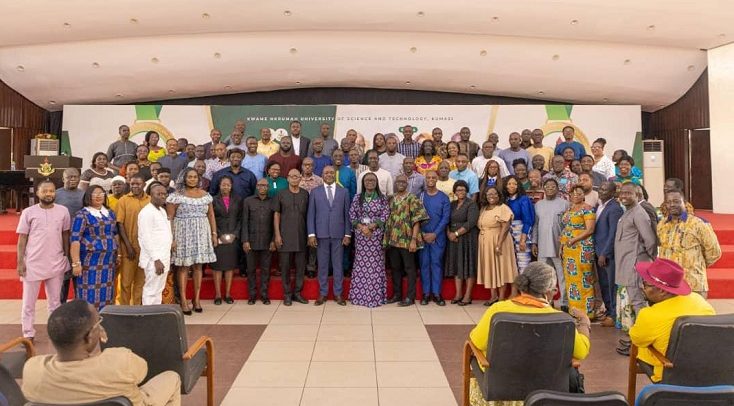
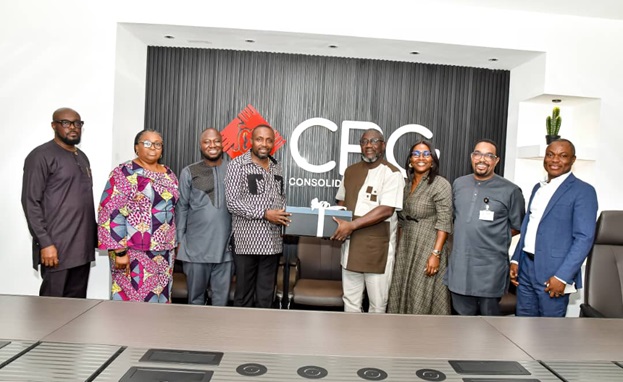
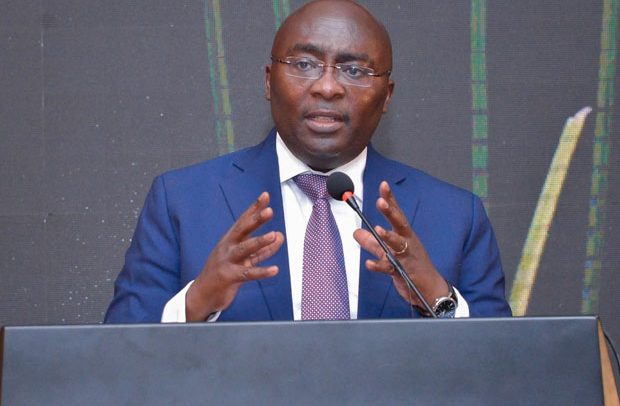
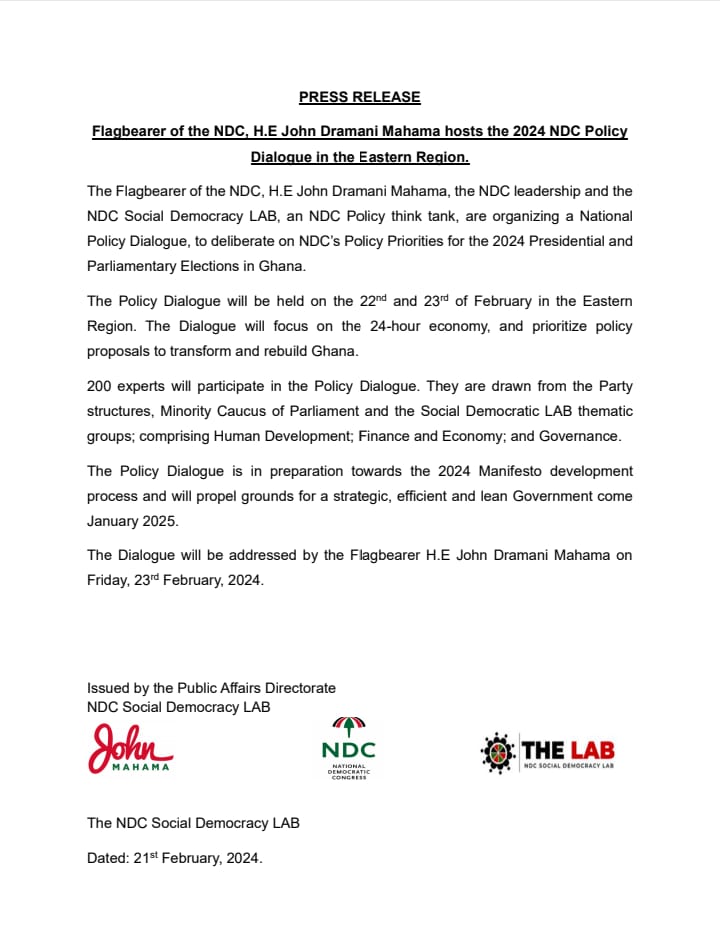


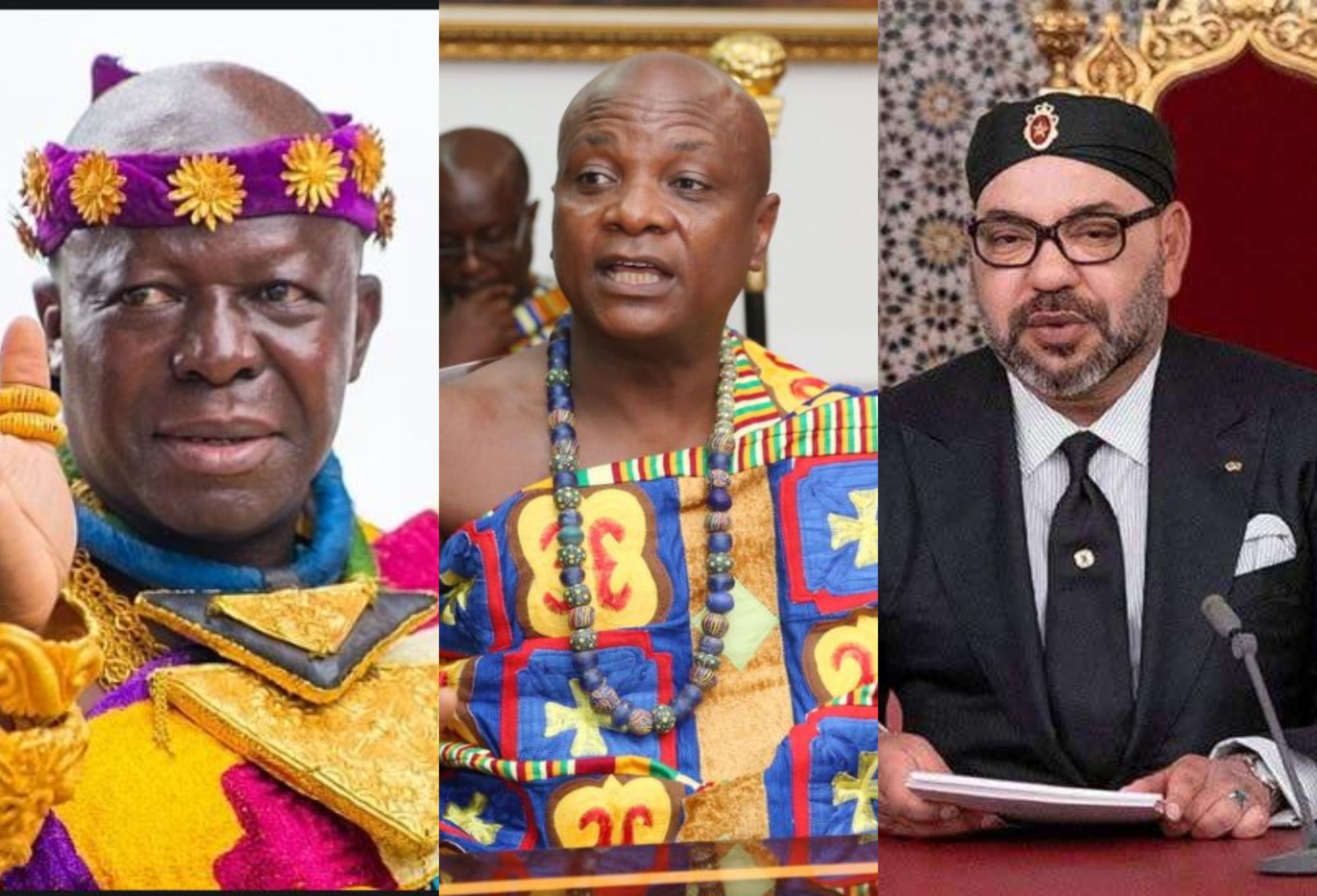


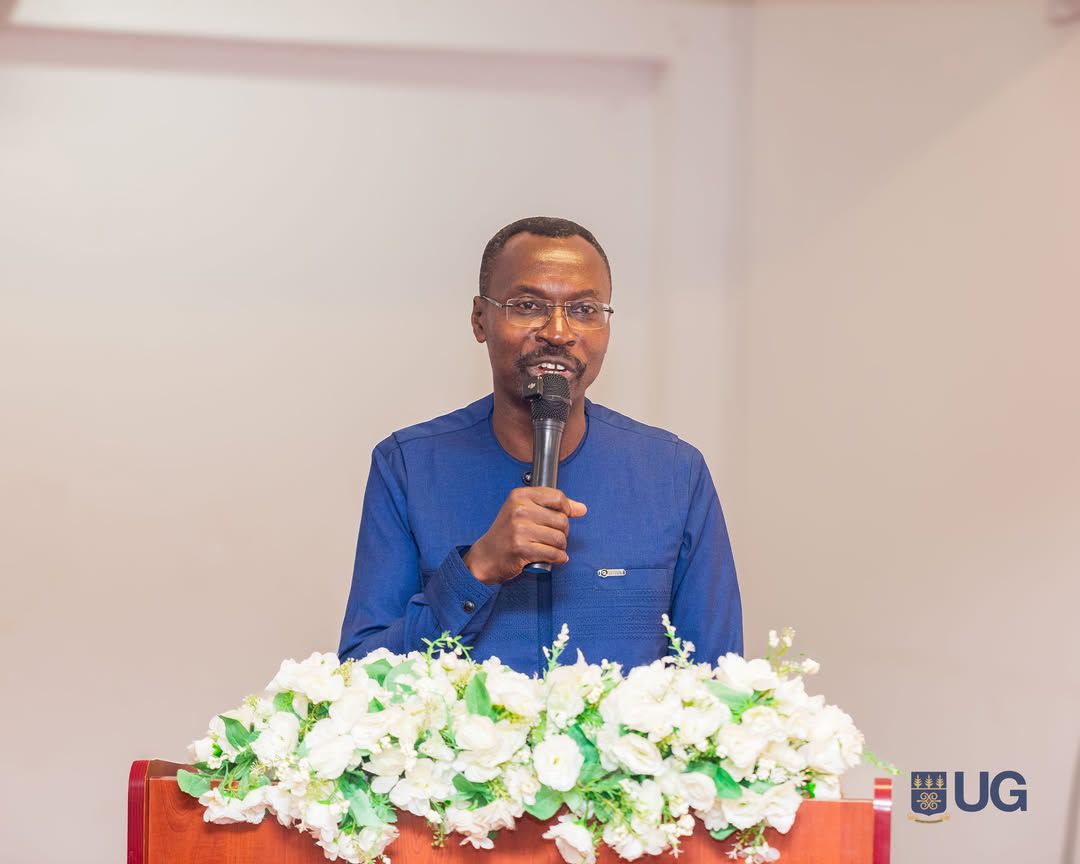



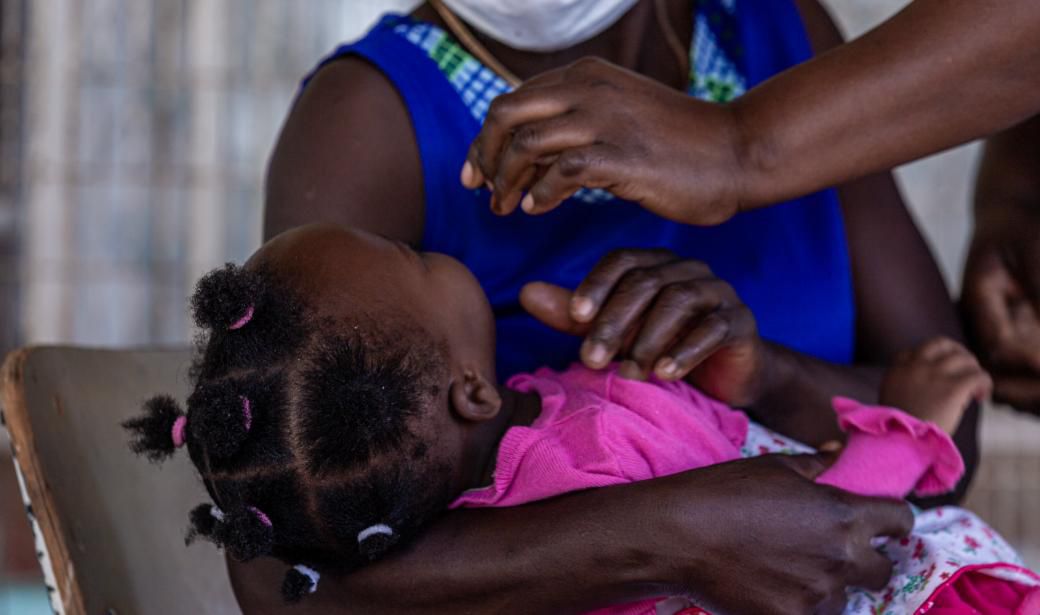





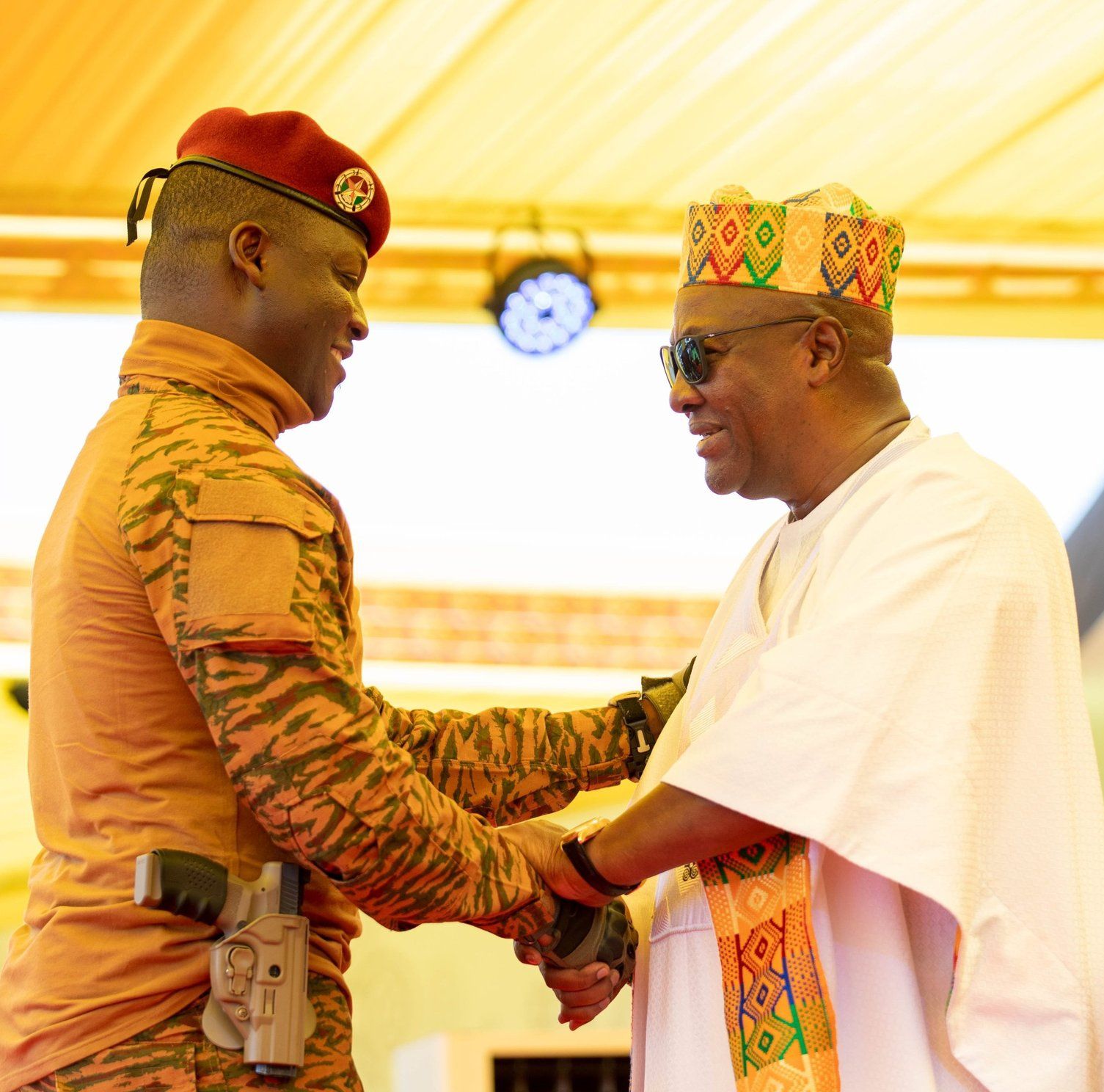
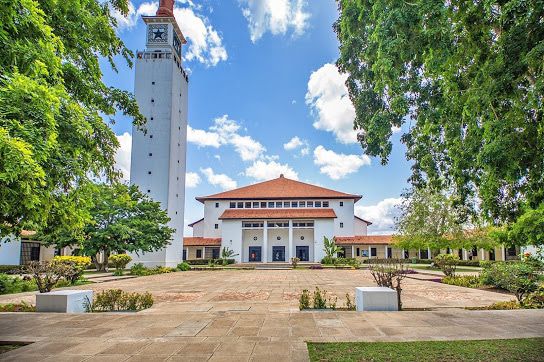

Facebook
Twitter
Pinterest
Instagram
Google+
YouTube
LinkedIn
RSS